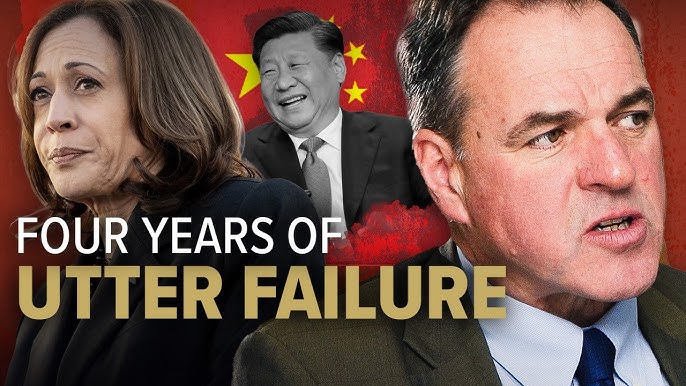In the unfolding saga of our nation’s history, African American women have held a peculiar spot. As described in Paula Giddings’s landmark 1985 work ‘When and Where I Enter: The Impact of Black Women on Race and Sex In America,’ African American women have spearheaded every significant civil and women’s rights struggle. However, their efforts are frequently overshadowed by those of African American men and white women.
By 2024, we had hoped that the United States was poised to recognize this heritage by electing a well-educated, successful, competent, and talented African American woman to mend our troubled nation. Across the broad spectrum of political thinking, justice ideals, needs, and anticipations, African American women are diverse. A sizable number were open to a meaningful discussion about substantial matters, coupled with a balanced critique of Democratic nominee Kamala Harris’s past performance.
What ensued instead was a display of discrimination and baseless narratives designed to scrutinize Harris’s racial identity, personal life, intellectual prowess, and leadership competency. Today, we are experiencing the fallout of the election fiasco that unfolded last November, despite the relentless efforts, activism, appeals, and prayers of African American women.
The looming threats to democracy, free speech, economic stability, human rights, environmental justice, civil and LGBTQ+ rights, peace, and constitutional authority are no longer distant threats. As I pen these words, I can’t help but acknowledge the risk I undertake by expressing the truth to a power aiming to suppress all that I value.
While many voters may not have personally warmed to Kamala Harris, it was assumed that they would reject the inflammatory, tumultuous, and destabilizing candidacy of her counterpart. It was hoped that her minor faults would be overlooked and her exceptional attributes would be acknowledged. We bore witness to the slander of the first African American woman nominated for president by a major political party.
We were aware that she would have to deliver performance twice as impressive as any man to be considered nearly equal. Simultaneously, we discerned the vulnerabilities and threats posed by her vastly unfit adversary. Surely, immigrants would recognize the existential threat posed by a president promising mass deportations; white women, the perils of a campaign steeped in misogyny; younger African American and Hispanic voters, the increased threat imposed by a presidency advocating for the suppression of protests through military action.
We believed that the polls must be wrong and that Harris was destined for a landslide victory. However, the enticement of being correct in the face of glaring facts has the potential to blind and incapacitate even the best among us, with pyrrhic victories as our only consolation.
Each report of unsettling news now serves as a reminder of the mistakes of the past elections. There can be a touch of schadenfreude in observing the country grappling with unprecedented challenges, particularly when fatigue feels like the only sentiment left. However, sooner or later, we need to rise from our indolence, recognize our role in the trials of our communities, and accept that we too are a part of these turbulent times.
Over 75 million citizens cast their vote for Harris, sharing in our disappointment. Over 10 million other Americans, disenfranchised from the overwhelming partisan politics, chose to not vote or support a third-party candidate. Among these are the most vulnerable groups.
In a truly fair America, these concerns would have been listened to, understood, and addressed appropriately. Should we act collectively, we have the ability to rebuild America into a harmonious place that prioritizes shared social wellbeing.
Our lineage of mothers, sisters, and extended family members have a profound influence on our lives and those of our sisters, cousins, daughters, nieces, neighbors, and friends. We are intelligent, resilient, generous, and compassionate. But as 2025 dawns upon us, the unnumbed pain of our ancestors resonates in our hearts — those who had the audacity to dream and affirm that our lives held value, our unrecognized sacrifices mattered, and that we would finally be acknowledged for who we are.
These are the unseen pillars of our society, prescient visionaries, and dependable leaders. Yet, the disdainful narrative surrounding the first African American female vice president nominee showcases the unwillingness of some to acknowledge these truths. The lessons learned from this chapter in American history will hopefully foster a more inclusive and fair narrative in the future.


